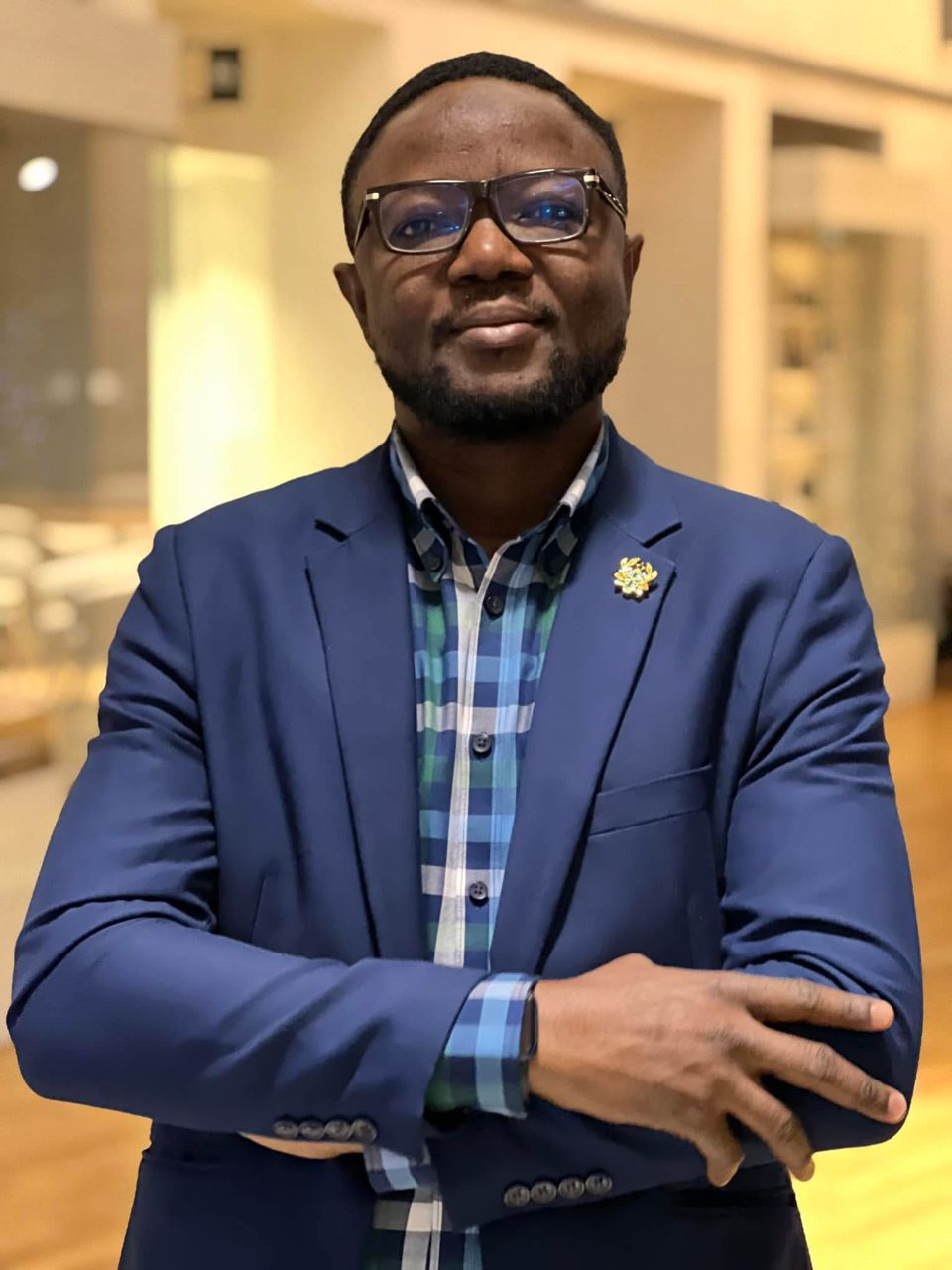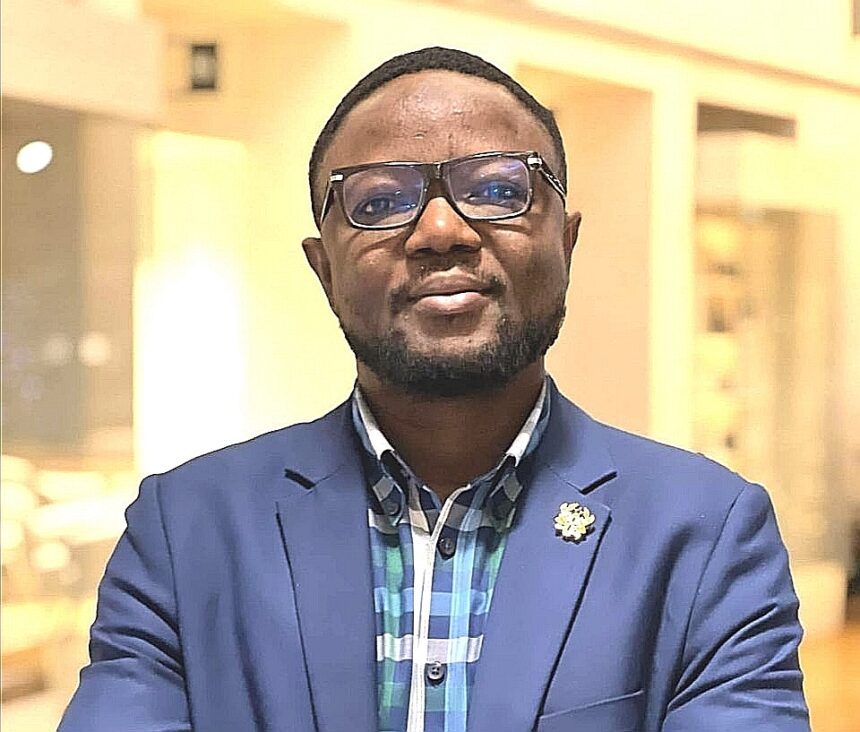During my formative years in Zogbeli-Lamakara in the early 1990s, the local culture was characterised by the popularity of ‘funfair’ and community entertainment (Baashibu), cultism within ghettoes, and the use of nicknames, all of which became prominent facets of pop culture among the youth. Individuals were perceived as naïve if they were not involved in either ghetto life or non-smoking behaviours. Consequently, to attain a sense of belonging, one was compelled to conform to some or all of these practices. I accompanied some of my peers – many of whom were considerably older than I – to the cultural centre, Kamina Barracks, and Harry Hot (near the audit service), particularly during Sallah Day (Eid) or Boxing Day (Picnic Day). My ghetto was known as Kpayino-Kpazaa (Trouble One, Trouble All). This phenomenon was largely driven by peer influence. However, did everyone succumb to this pop culture? Certainly not. I will later address the reasons behind this variation.
During the mid to late 1990s, when I resided in Kukuo, specifically in ‘black pot,’ I served as an errand boy for numerous individuals who frequented a barbering salon operated by Mallam Awudu, situated near my residence. I believe that those who lived in that enclave at the time will recall the name of the area and the barbering establishment. Some of these individuals would send me to purchase cigarettes, and on occasion, they would request that I light the cigarette and deliver it to them. To keep the cigarette burning, they would ask that I smoke it briefly; otherwise, it would extinguish before reaching them. I believe many of us, particularly those from the North, might have experienced a similar situation during our youth. This exposure, I contend, may have influenced or contributed to the development of smoking habits among many individuals, as they were encouraged to light cigarettes at a young age, thereby being exposed to nicotine, which is known to be addictive. I pause here to ask the question: Did everyone exposed to cigarette smoking at a young age, often due to the reckless behaviour of deviant adults, end up becoming smokers? Clearly, the answer is no. So, what makes the difference? I will explore this question too later on.
Additionally, I was often around older people who smoked cannabis, and I would sometimes go with them to buy it from ‘Garderini’, a garden behind the Northern Regional House of Chiefs. I would sit nearby while they smoked, and occasionally, they would send me to get them food and water. Fortunately, they never pressured me to try it. Did I end up smoking cannabis? No. Was I lucky? Maybe. I will share why I didn’t get into it in a bit.
In the early 2000s, during my residence in Changli, issues related to ghettos, communal entertainment (baashibu), and smoking remained prevalent among the youth. At that time, I was in my teenage years. Some individuals among us were also committed to making a positive difference for their families and community through education and craftsmanship. These were the two primary options available in Changli, and ultimately, one had to select a path that would shape their future. Did I opt for smoking, entertainment (baashibu), or a ghetto lifestyle? No. Why not? The explanations follow.
Throughout all my experiential recounting above, one prevailing influence that served both as a deterrent and a guiding principle was the supervision of my guardians—namely, my grandparents when I lived in Zogbeli-Lamakara and my parents when I lived in Kukuo and Changli. During my time in Zogbeli-Lamakara, my grandfather, Sayibu Sooja, a retired military officer known to residents of Zogbeli-Lamakara, was a figure of discipline. He was meticulous; he ensured that he was always informed of my whereabouts, and late returns home were strictly prohibited. Such restrictions caused our friends to be wary of visiting our home, as they understood that my grandfather would question them or dismiss them if their answers lacked credibility. This approach was motivated by his awareness of the persuasive power of peer influence and its potential to lead us astray. Consequently, we were compelled to select our friends judiciously at a young age. Something that will later prove crucial in modelling the lives we lived.
Why did I choose to articulate this thought? I am now a parent and am uncertain about what the future holds for my children in a community where every corner reveals the presence of a drug addict. My children observe such individuals, and they socialise with peers in my neighbourhood, potentially adopting lifestyles unbeknownst to me. I believe many parents share this concern but lack solutions, as it is impossible to monitor their children constantly. As a society, what actions can we undertake? I may discipline my children, provide exemplary counselling, be a good role model by not smoking or abusing drugs, and meet all their needs; however, sociology informs us that we are products of our society or environment. We either influence or are influenced by our societal surroundings. What collective measures can we implement to address this menace from a parenting perspective?
I believe that parenting is among the most effective strategies in addressing the issue of drug abuse within our communities. By parenting, I refer not solely to biological parents but also to the collective responsibility of the community in nurturing a child – this includes grandparents, uncles and aunts, responsible neighbours, chiefs, imams, pastors, and traditional priests. I am aware that our social structures have been shifting towards nuclear families, moving away from conventional extended family systems, and there appears to be a tendency for individuals to focus solely on their affairs, especially if their children are not involved in any social vices. Historically, neighbours used to discipline children when they were caught misbehaving, and children would even hesitate to inform their parents about such incidents, fearing further punishment. This disciplinary harmony seems to have diminished in our communities, as current observations suggest that many now passively witness children engaging in various social vices without taking action. Consequently, communal parenting and the principles inherent in extended family systems are essential to re-establish a supportive and disciplined community environment in tackling the drug abuse menace in our communities.
My parting thought on this concerning development is that we can deploy all the strategies one can contemplate in tackling the drug menace, but until that is matched with a corresponding commitment to responsible parenting, our results will at best be temporary with no long-term trophy to show. The truth is, we have the power to change this, and we must.
By
Ahmed Taufique Chentiba, Doctoral Researcher, Brunel University of London



